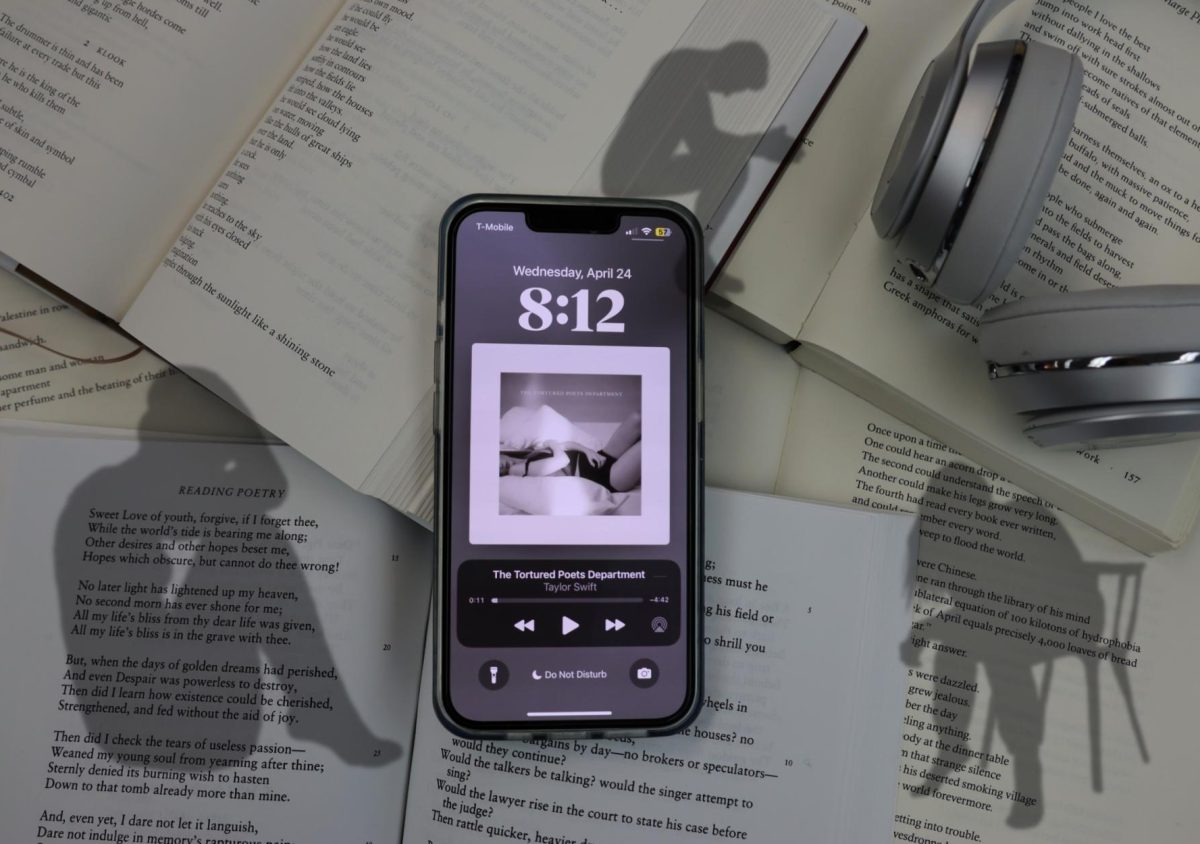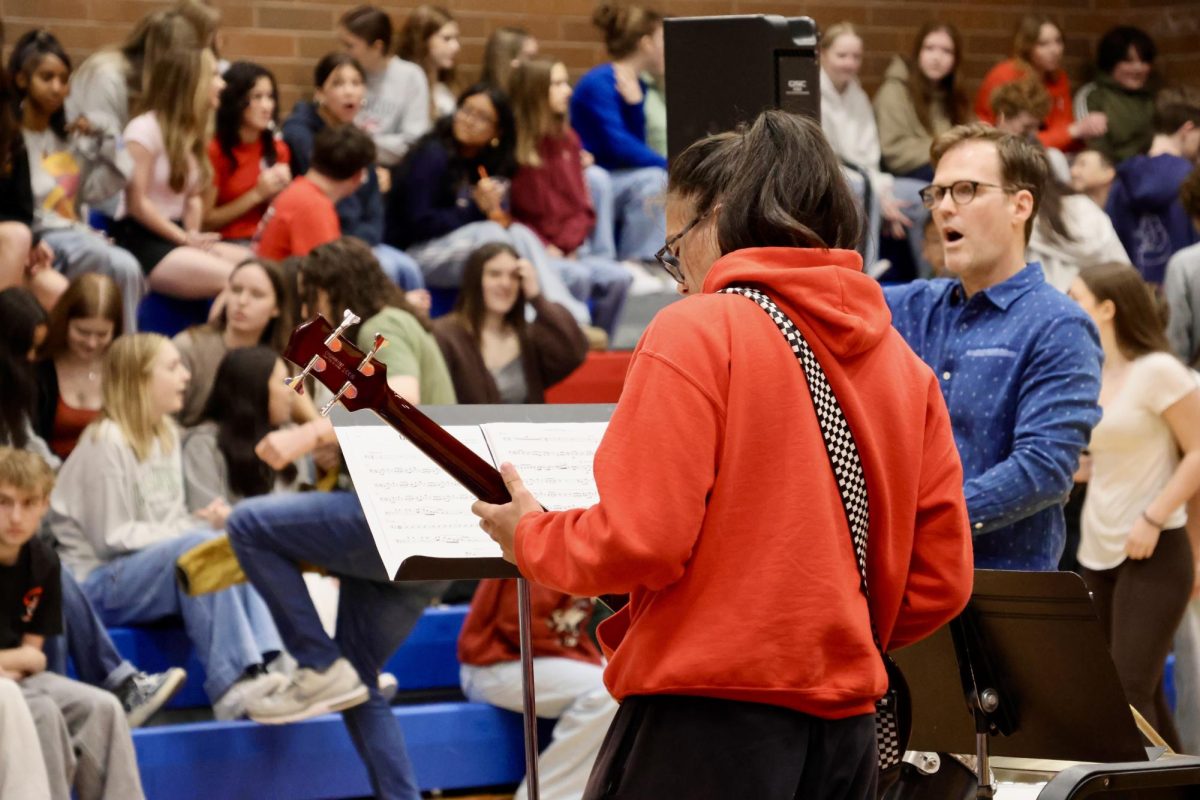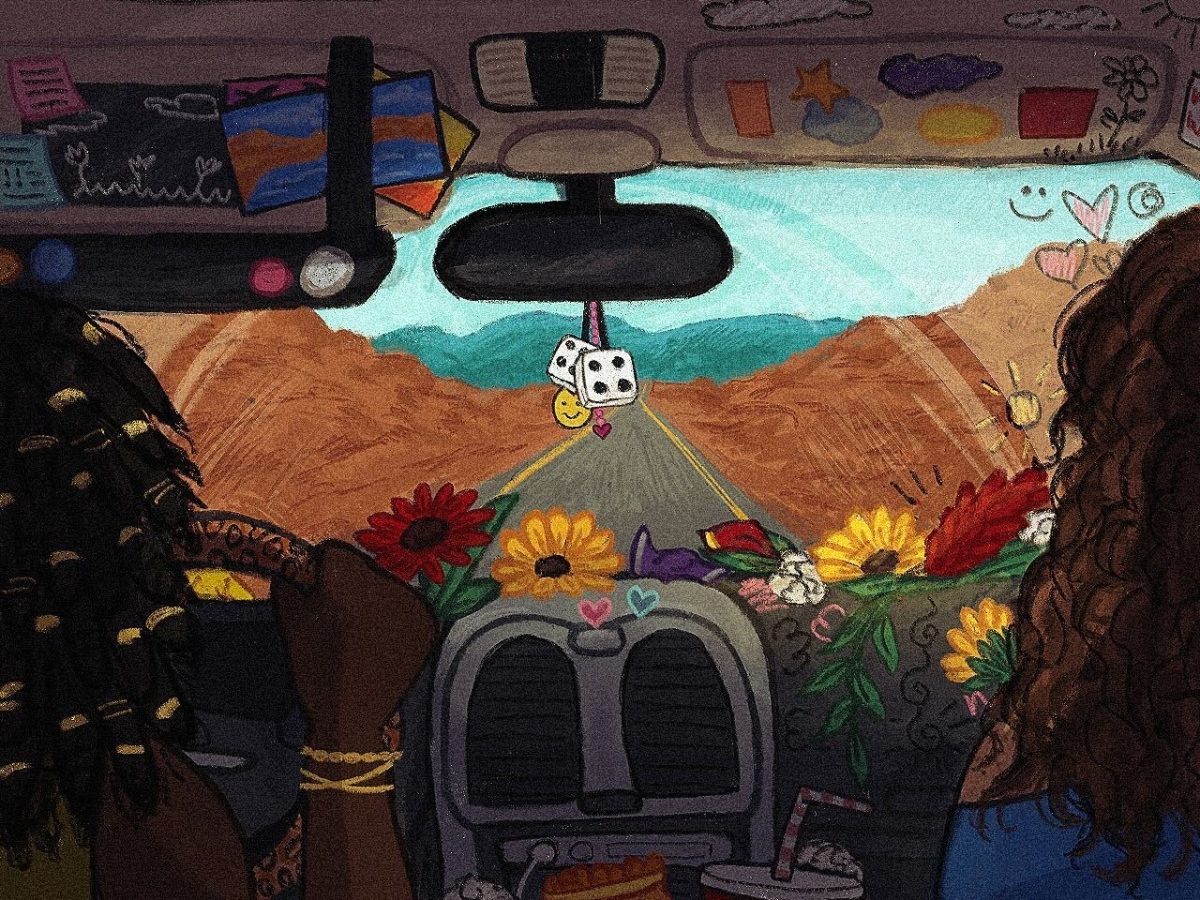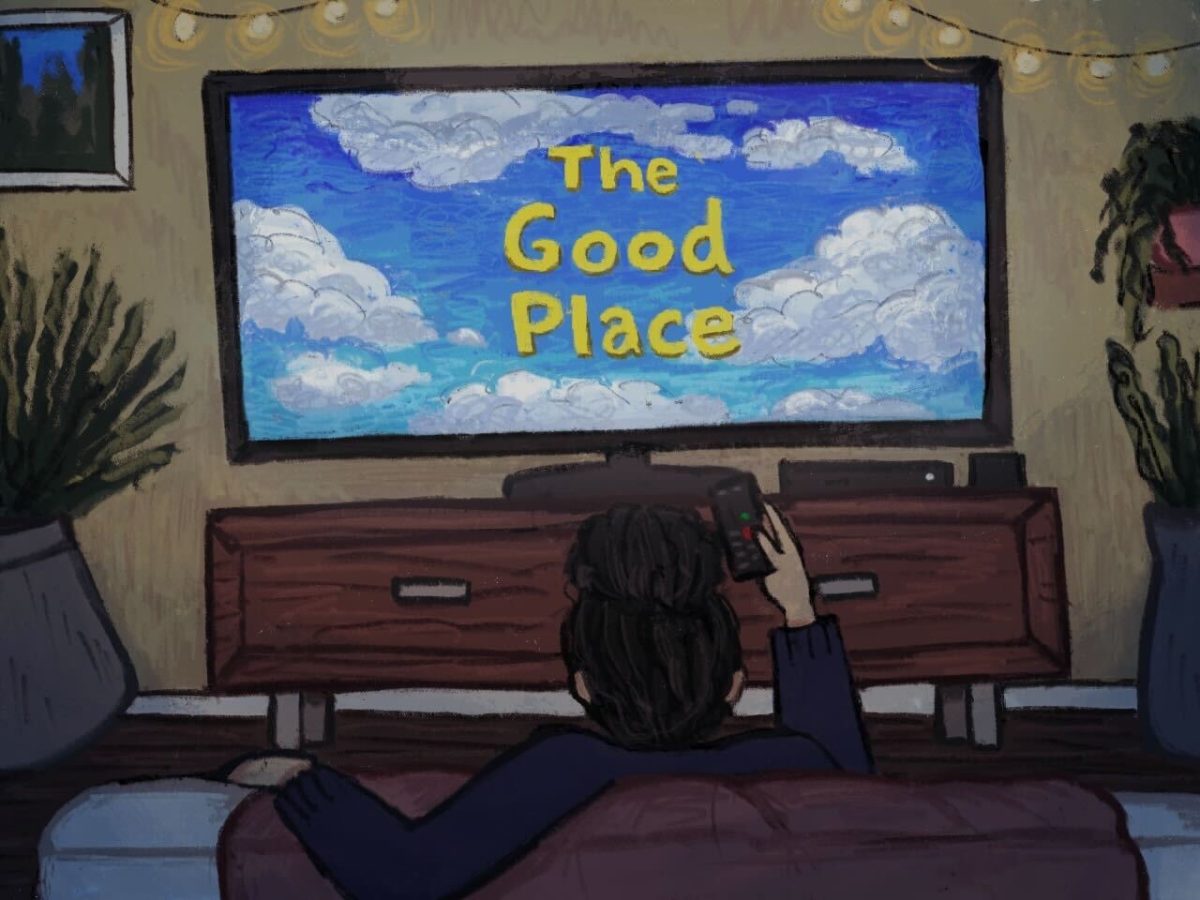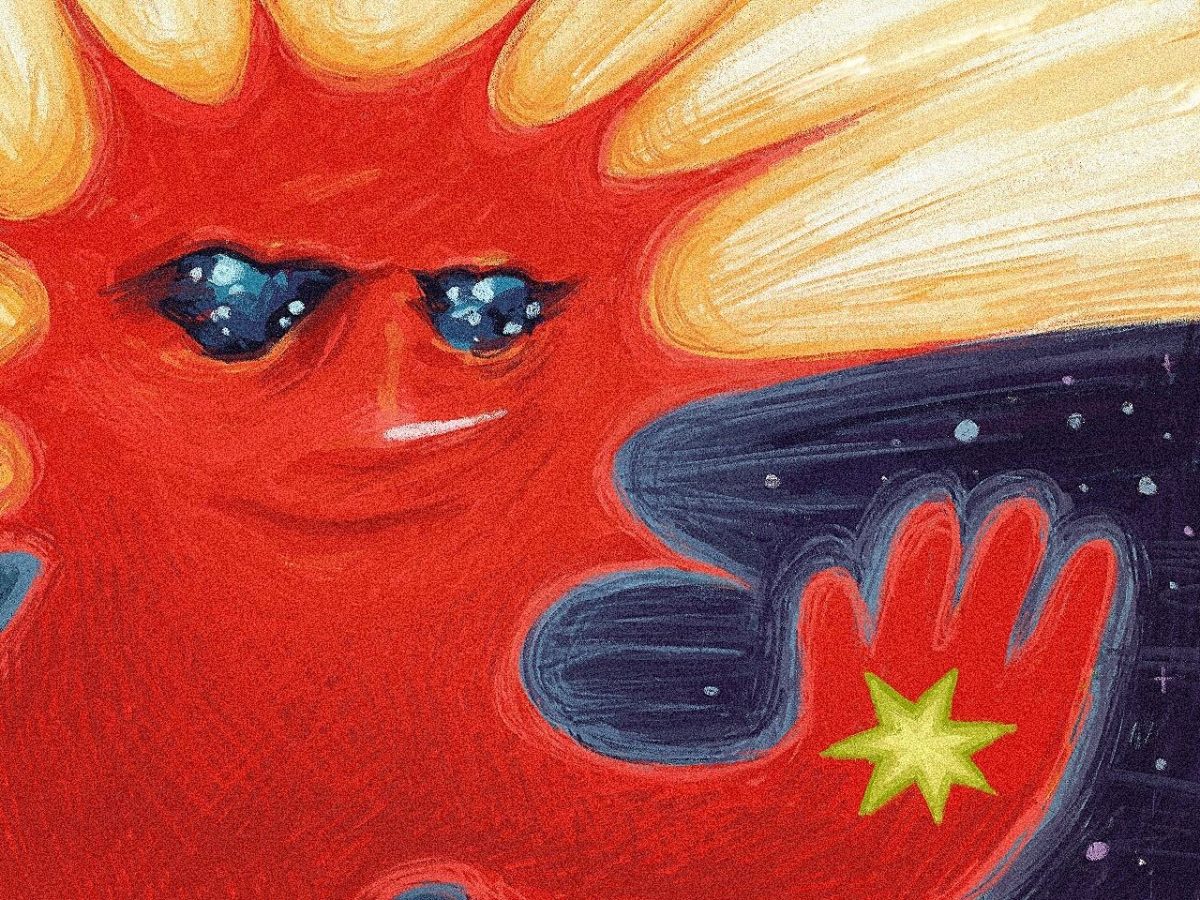2023 was Taylor Swift’s year.
From her three-hour-long, record-shattering Eras Tour, to being named Time’s Person of the Year, to receiving Album of the Year at the Grammys — surpassing the Beatles as the only artist to ever do that four times — she spent her time reminding the world why she is still a global icon, despite being 21 years into her career.
Nothing demonstrated this stratospheric high point more than her Grammy acceptance speech. The Album of the Year trophy in her hand was still warm when she decided to further capitalize on the almost unprecedented success that had got her there, announcing the release of her next album, “The Tortured Poets Department,” and posting the upcoming album’s cover on Instagram almost as soon as she went backstage.
So, obviously, expectations were high. Sadly, “TTPD” fails to rise to the occasion.
Despite the commercial promotions surrounding its release — specially curated Apple Music playlists, hand-typed lyrics, and a Spotify library installation — this trend ultimately reflected the theme of the entire album: momentum that builds and builds … and then goes nowhere.
Songs like “I Can Fix Him (No Really I Can)” and “The Smallest Man Who Ever Lived” demonstrate this most clearly, lacking any kind of crescendo or a chorus that makes them stand out.
While the former’s hook — a rhythmic, almost biting “But your good Lord doesn’t need to lift a finger / I can fix him, no really I can” — had the potential to be catchy, it slowly becomes lifeless along with the music and vocals. By the end, it seems like Swift is reading poetry.
And rather than this being an interesting artistic choice, it merely sounds as though she has lost interest along with the listener — to the point where Swift is simply speaking the lyrics in an effort to get the songs over with.
Honestly, we wouldn’t blame her. Combined with the surprise second album “TTPD: The Anthology,” which dropped two hours after “TTPD,” there’s a whopping 31 songs stretching out the length to two hours and two minutes.
The runtime wouldn’t be as much of an issue if “TTPD” had something new to offer compared with Swift’s catalog of albums. But overall, it comes off as a black-and-white “Midnights” that tries for the drama of “folklore,” failing to show any real growth from her as an artist.
After listening to it a couple of times, the songs on “TTPD” start to blur together. They’re a series of laid-back ballads to melancholy and failed romance — like “loml” and most of “TTPD: The Anthology,” which almost could have been cut entirely — and while there’s nothing wrong with centering an album around these themes, it becomes repetitive when they’re all that is covered.
But with a couple songs speaking to how difficult the spotlight of fame is to stand in — such as “I Can Do It With a Broken Heart” or “Clara Bow” — “TTPD” has redeemable moments.
“So Long London” is a breath of fresh air, with its angelic acapella, artful lyrics, and dreamy vocals. It gives a new sound that many of the other songs lack while representing what Swift aimed to produce on this album: a poetic but unforced ode to love and loss.
Lyrics like “I stopped trying to make him laugh / Stopped trying to drill the safe” and “You say I was abandoning ship, but I was going down with it / My white-knuckled dying grip” portray the unrivaled skill Swift has a songwriter, something that somehow gets lost in many of the other, rambling songs (see “I Hate It Here” and “Chloe or Sam or Sophia or Marcus”). She utilizes well-placed metaphors to enhance her lyrics, rather than getting bogged down in them, or becoming wordy and awkward — something she has struggled with in recent releases and that this album suffers from.
Amidst the unnecessarily verbose vocabulary dragging down quite a few of her songs, “Down Bad” and “My Boy Only Breaks His Favorite Toys” are relatable, simplistic, and catchy tracks. With choruses and beats more alive than most of the monotonous, lethargic music behind “TTPD,” these songs — like few others — manage to maximize the potential they initially display, becoming earworms that represent what this album could have been with more time, imagination, and editing.
Something we were looking forward to was the collaborations within this album with Post Malone and Florence + The Machine. Featured in “Fortnight” and “Florida!!!” respectively, these tracks are significantly enhanced by the addition of new voices. Post Malone’s accompaniment creates gorgeous harmonies, accentuating both artists’ talents and sounds, while giving Florence + The Machine a considerable portion of the song was a transformative choice, as her style and voice bring a more rich, trembling tone than Swift’s smooth, light vocals and add a fascinating texture to the song.
But these few compelling tracks were mostly featured in the first album, which begs the question: what was Swift thinking when she released the second one?
Hopefully, these albums don’t represent the direction Swift’s musical career is headed. Despite what her album sales and recent tour might suggest, more is not always better — in fact, in poetry, it’s less that leaves the biggest impact.




